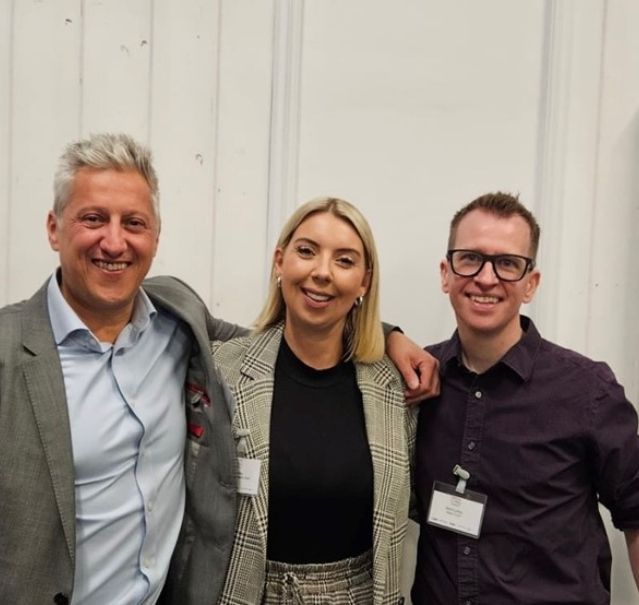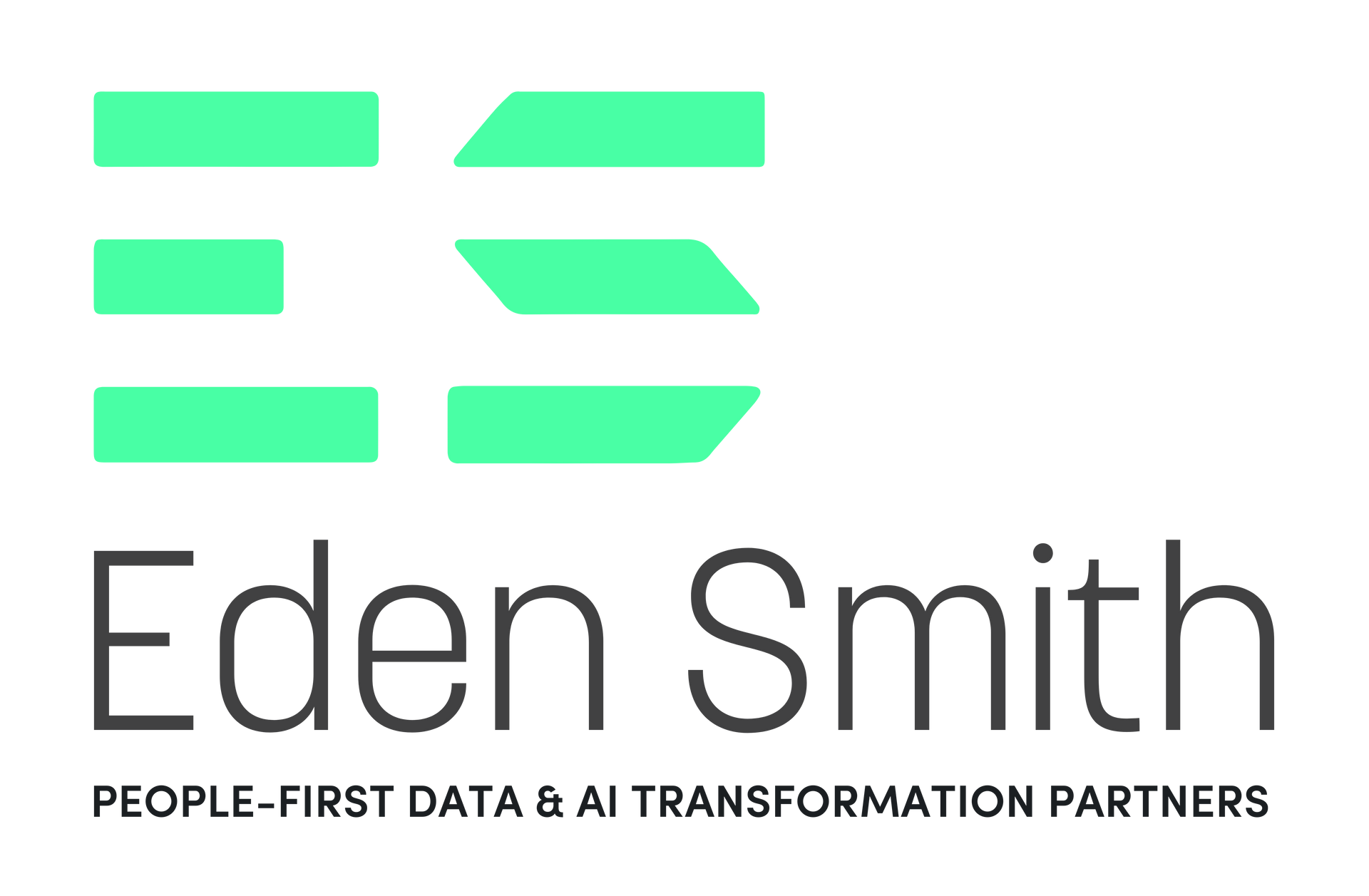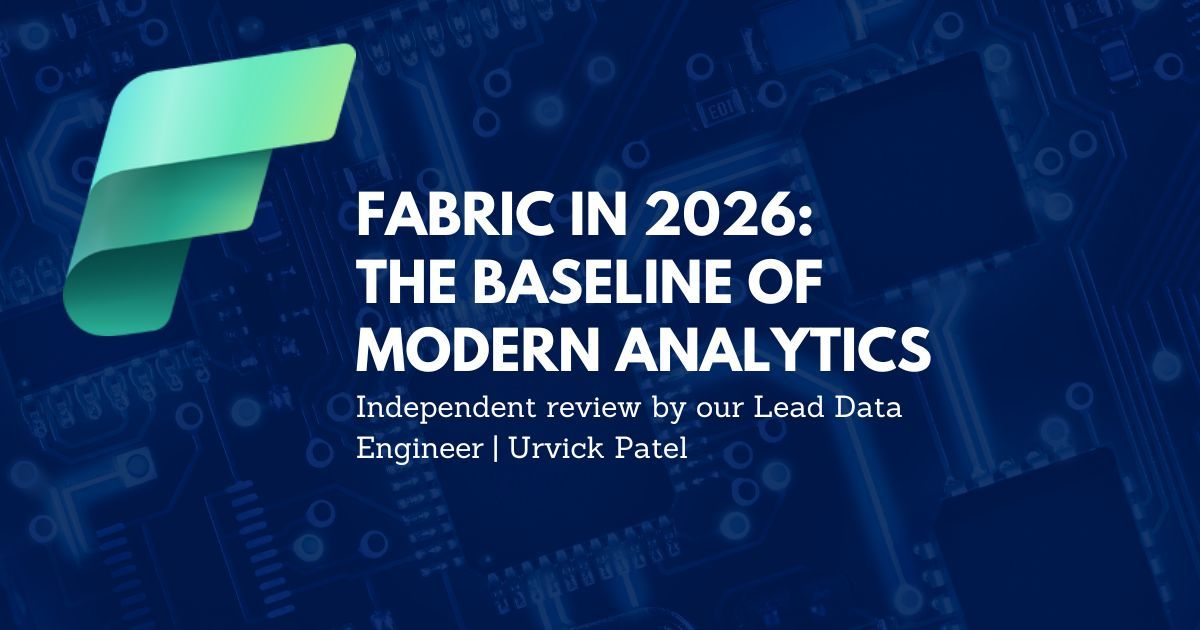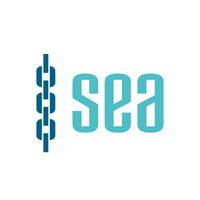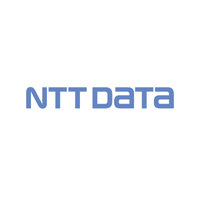Unlock Innovation with Our Nurture Programme
Our award-winning educational programme is a unique opportunity for businesses to leverage fresh talent in Data Science, AI, and IoT
Are you looking for innovative solutions to your business challenges while also contributing to the development of the next generation of data scientists, AI specialists, and IoT innovators? Our Nurture Programme offers businesses a unique opportunity to collaborate with bright MSc students from universities, giving you access to fresh talent, cutting-edge research, and hands-on expertise – all at a low financial cost.
The Nurture Programme is a 12-week initiative designed to provide MSc students in Data Science, Artificial Intelligence (AI), and the Internet of Things (IoT) with real-world, hands-on experience . These students work on live projects provided by participating businesses, applying their technical expertise to real business problems.
By participating in the Nurture Programme , your business gains direct access to talented individuals eager to apply their academic knowledge to real-world challenges . Here’s how your organisation can benefit:
Innovative Solutions at Low Cost
Get fresh perspectives and cutting-edge solutions to your data, AI, and IoT challenges. Our students work on real business problems, offering creative and research-backed approaches, without the financial commitment of hiring a consultant.
Tackle Business Challenges with Data-Driven Insights
Struggling with data analysis, automation, or predictive modelling? Our MSc students bring their expertise in AI, machine learning, big data, and IoT to help your business make smarter, data-driven decisions.
Test New Ideas with Minimal Risk
Have an idea for an AI-driven tool, a data analytics model, or an IoT application but don’t have the time or resources to test it? Let our students develop and prototype innovative solutions without impacting your operational resources.
Access to Emerging Talent
This programme allows you to identify and engage with top-tier future professionals. If you’re looking for skilled graduates, this is an ideal way to assess potential candidates before they enter the job market.
Strengthen Your Industry-Academic Links
Build strong partnerships with universities and shape the next generation of tech professionals. Your involvement in the Nurture Programme positions your business as a leader in fostering talent and innovation.
- Define Your Project – We work with you to scope a suitable project that aligns with your business needs.
- Review and Shortlist Candidates – You will receive access to a dedicated client portal where you can view student profiles, recorded interviews, and completed application forms based on your project scope. This allows you to review and create a shortlist of students you’d like to interview for your project.
- Live Project – After conducting the interviews, you select your preferred student/s, and they are assigned to your project, working under the guidance of both academic supervisors and your internal team.
- 12 Weeks of Innovation – Over the course of 12 weeks, students conduct research, develop solutions, and deliver actionable insights.
- Final Presentation & Business Impact – The students present their findings, prototypes, or models, ensuring that you walk away with real, applicable results.
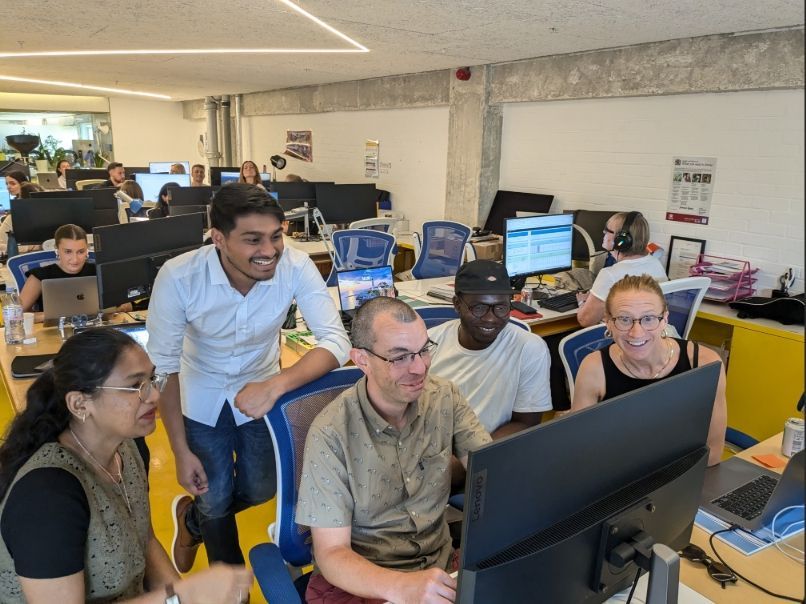
Third Space Learning
Now is the time to take advantage of this low-cost, high-value opportunity to solve pressing business problems while supporting the next generation of data and AI professionals. There is a £500 Participation Fee per Student. Should the company hire the student after the project has been completed, they will be charged a flat fee of £4000
Needs some inspiration, check out just a few of our case studies:
Predicting Customer Satisfaction with Onward Homes
Chatbot - Customer Focussed with National Highways
Evaluating Complaints with Notting Hill Genesis
Forecasting Service Demand with Cheshire West & Chester
Determining the Value with Stagecoach
 Retail
– AI-powered chatbots, dynamic pricing, fraud detection
Retail
– AI-powered chatbots, dynamic pricing, fraud detection  Healthcare
– AI-assisted diagnostics, predictive patient care
Healthcare
– AI-assisted diagnostics, predictive patient care  Finance
– Algorithmic trading, AI-driven risk assessment
Finance
– Algorithmic trading, AI-driven risk assessment  Manufacturing
– Smart factories, AI-powered quality control
Manufacturing
– Smart factories, AI-powered quality control  Marketing
– Hyper-personalised campaigns, AI-generated content
Marketing
– Hyper-personalised campaigns, AI-generated content  Energy
– Smart grid optimisation, predictive maintenance
Energy
– Smart grid optimisation, predictive maintenance  Education
– Adaptive learning, AI-powered skills assessments
Education
– Adaptive learning, AI-powered skills assessments
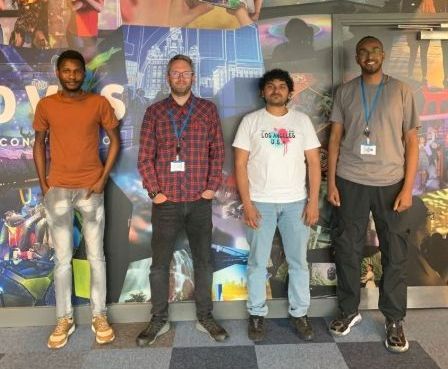
Frequently Asked Questions
QUESTION: What Happens with Our Data?
ANSWER:
- Students work under NDA
- Data is anonymized and tokenized
- Students work on secure systems
- Results can be delivered anonymously, and you keep the IP
QUESTION: How much time do we need to invest into the students?
ANSWER: Once onboarded, organisations see the best results by setting up regular weekly check-ins to mentor the student and review their progress. Some clients also use the Nurture Programme as an opportunity to upskill internal teams by involving them in project management and student support.
QUESTION: Do we need to pay the students?
ANSWER: While payment is not mandatory, it is entirely at your discretion. Many of our clients choose to offer a contribution towards students' expenses or time as a gesture of goodwill and to encourage engagement.
QUESTION: How much does it cost to participate in the Nurture Programme?
ANSWER: There is a £500 Participation Fee per Student. Should the company hire the student after the project has been completed, they will be charged a flat fee of £4000
 Interested in collaborating?
Contact Marie May
, Head of Eden Smith’s Nurture Programme to discuss how your business can participate in the Nurture Programme and start benefiting from data-driven innovation.
Interested in collaborating?
Contact Marie May
, Head of Eden Smith’s Nurture Programme to discuss how your business can participate in the Nurture Programme and start benefiting from data-driven innovation.
Don’t miss out on the chance to gain cutting-edge insights, solve complex problems, and connect with emerging talent.
